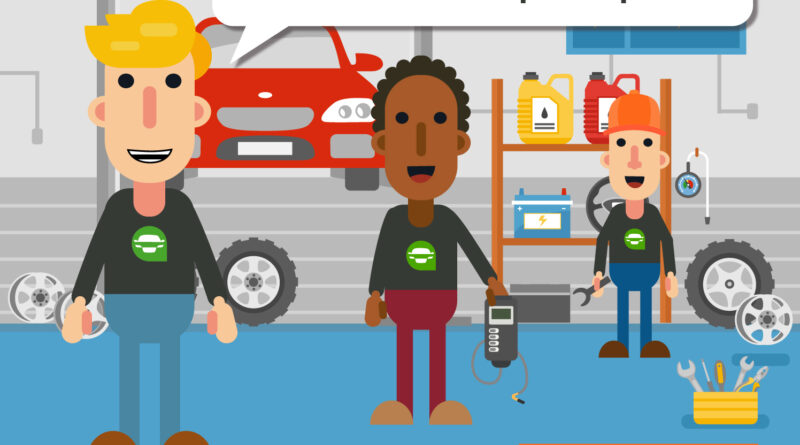Navigating the World of Car Auto Repair
This article serves as a comprehensive guide to help you navigate the world of auto repair and make informed decisions when faced with vehicle maintenance challenges. Car ownership comes with the responsibility of regular maintenance and, inevitably, the need for auto repairs. Whether you’re a seasoned car enthusiast or a first-time vehicle owner, understanding the basics of car auto repair is crucial.
- Regular Maintenance:
- Scheduled Service Intervals: Following the manufacturer’s recommended service intervals for tasks like oil changes, tire rotations, and fluid checks is essential for preventing potential issues.
- DIY Maintenance: Some basic maintenance tasks, such as checking and replacing air filters or monitoring tire pressure, can be performed by car owners themselves.
- Common Auto Repairs:
- Brake System Repairs: Addressing brake issues promptly is crucial for safety. Common brake repairs include replacing brake pads, rotors, and brake fluid.
- Engine Repairs: Engine-related issues may involve components like the spark plugs, fuel injectors, or the timing belt. Regular engine diagnostics can help identify problems early.
- Transmission Repairs: Transmission problems may manifest as slipping gears or unusual noises. Prompt attention to these issues can prevent more extensive repairs.
- Finding a Reliable Auto Repair Shop:
- Ask for Recommendations: Seek recommendations from friends, family, or online reviews to find reputable auto repair shops in your area.
- Certifications and Qualifications: Ensure that the technicians at the repair shop are certified and have the necessary qualifications to handle your vehicle’s make and model.
- Cost Estimates and Transparency:
- Requesting Estimates: Before authorizing any repairs, request a detailed cost estimate from the repair shop. This helps avoid unexpected expenses.
- Transparency: A trustworthy repair shop provides clear explanations of the repairs needed, including the parts involved and labor costs.
- DIY Repairs vs. Professional Assistance:
- Know Your Limits: While some car owners may tackle basic repairs, it’s crucial to recognize when professional expertise is required, especially for complex issues or safety-related components. Mobile clutch repairs.
- Safety Considerations: DIY repairs should prioritize safety. If uncertain, consulting with a professional is recommended.
- Preventive Measures:
- Regular Inspections: Conducting regular inspections of your vehicle, including checking fluid levels, tire condition, and lights, can help identify potential issues early.
- Timely Repairs: Addressing minor issues promptly can prevent them from escalating into more significant problems, saving both time and money.
- Understanding Auto Repair Quotes:
- Parts and Labor Breakdown: A detailed quote should include a breakdown of parts and labor costs. Understanding these components helps assess the reasonableness of the estimate.
- Warranty Information: Inquire about warranties for both parts and labor. Reputable repair shops often provide warranties as a guarantee of their work.
- Emergencies and Roadside Assistance:
- Emergency Preparedness: Keeping a basic toolkit, a spare tire, and knowing how to perform essential roadside repairs can be invaluable in emergency situations.
- Roadside Assistance Services: Consider enrolling in a roadside assistance program for added peace of mind in case of breakdowns or emergencies.
Being proactive about car auto repair involves a combination of regular maintenance, prompt attention to emerging issues, and the collaboration with reliable auto repair professionals. By staying informed and proactive, you can enhance the longevity and performance of your vehicle while minimizing unexpected repair expenses.
Buying a used VW. Buying used vauxhall, BMW, Jaguar, Ford, Volvo, Range rover, Bentley, Aston Martin, Porsche, Ferrari, Lamborghini, Maserati, Hyundai, Tesla, Honda, Pagani

